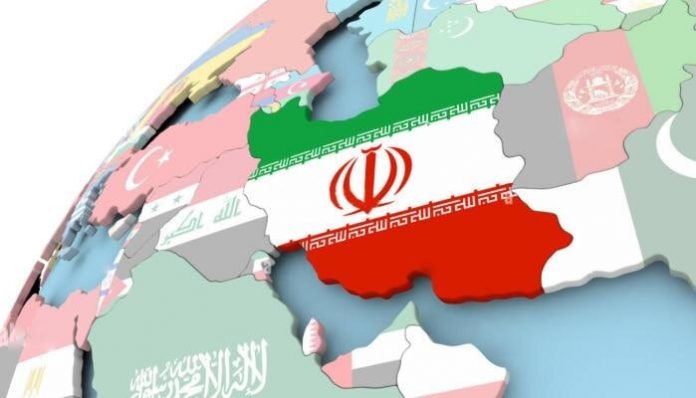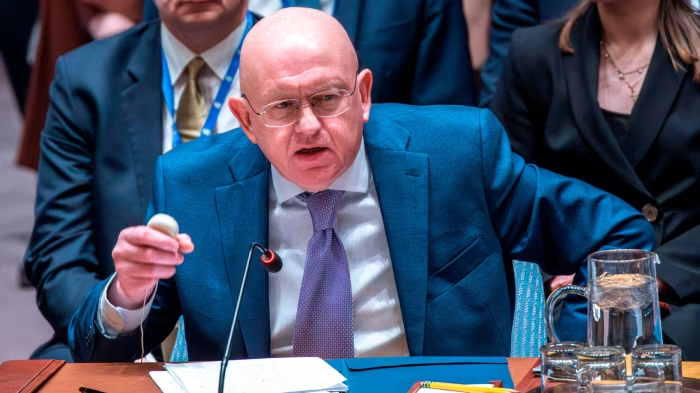Iran has ramped up its diplomatic efforts to dispel misunderstandings in the West Asia region amid ongoing efforts from the West to build a coalition against Tehran during US President Joe Biden’s upcoming visit to the region.
After many weeks of dithering, the White House finally made up its mind and announced President Biden will pay a visit to the region that will include Saudi Arabia and Israel, two archrivals of Iran that are moving toward normalization of relations day by day.
In a statement on June 14, the White House said President Biden will visit the region from July 13-16. “The President will begin his travel in Israel, where he will meet with Israeli leaders to discuss Israel’s security, prosperity, and its increasing integration into the greater region,” the statement said. “The President will then travel to Jeddah, Saudi Arabia.”
According to the statement, Biden will discuss alleged “threats from Iran” and Israel’s “increasing integration into the greater region,” among other issues.
In Saudi Arabia, Biden will participate in a Persian Gulf Cooperation Council summit that will also be attended by Egyptian President Abdel Fattah El Sisi, Jordanian King Abdullah II, and Iraqi Prime Minister Mustafa al-Kadhimi.
The summit of nine regional leaders plus Biden comes at a time when the US has grown weary of negotiations with Iran and a desire in the region to dissuade the US from returning to the 2015 Iran nuclear deal, officially known as the Joint Comprehensive Plan of Action (JCPOA).
It also comes amid Iranian efforts to patch up ties with its Persian Gulf neighbors as part of a broader foreign policy agenda aimed at boosting Tehran’s relations with its neighbors.
But Biden’s trip has raised concerns in Tehran over the “extra-regional” negative influence on stability in the region. And this prompted Iranian Foreign Minister Hossein Amir Abdollahian to pick up the phone and talk to some of his Arab counterparts. He first spoke with his Omani counterpart Badr al-Bu Saidi and then United Arab Emirates Foreign Minister Sheikh Abdullah bin Zayed Al Nahyan.
In his conversation with the Omani foreign minister, Amir Abdollahian pointed to “Biden’s upcoming visit to the region, noting that officials in West Asia shouldn’t let extra-regional countries influence cooperation and stability here,” according to an Iranian Foreign Ministry statement.
“We emphasize dialogue and cooperation in the region and believe that West Asian nations should decide its future themselves”, the Iranian foreign minister stressed.
READ ALSO: Israeli flag replaced by Palestinian flag at memorial to slain IDF soldiers in Golan Heights
Amir Abdollahian reiterated a similar message in his call with the UAE foreign minister. He told Sheikh Abdullah that “Iran wants security and progress for neighbors and the entire region but at the same time it believes that foreign interference and presence in the region disrupt security there.”
The Iranian foreign minister also pointed to the Israeli presence in the region, which Iran considers destabilizing. “The presence of the Zionist regime is destabilizing and causes insecurity, terror, and sabotage in the entire region,” he told Sheikh Abdullah whose country normalized relations with Israel in 2020.
Sheikh Abdullah seems to have tried to assure Iran about the Israeli presence in his country. “The UAE will not let any party use its country’s soil for action against neighbors and will always take into account their security,” the UAE foreign minister told Amir Abdollahian.
Despite the assurances of Sheikh Abdullah, the upcoming GCC summit will likely increase misunderstandings. Influential media outlets in the Persian Gulf’s Arab states are now talking of a “division of labor” in the region to counter Iran, with the US playing the lead role in that regard.













